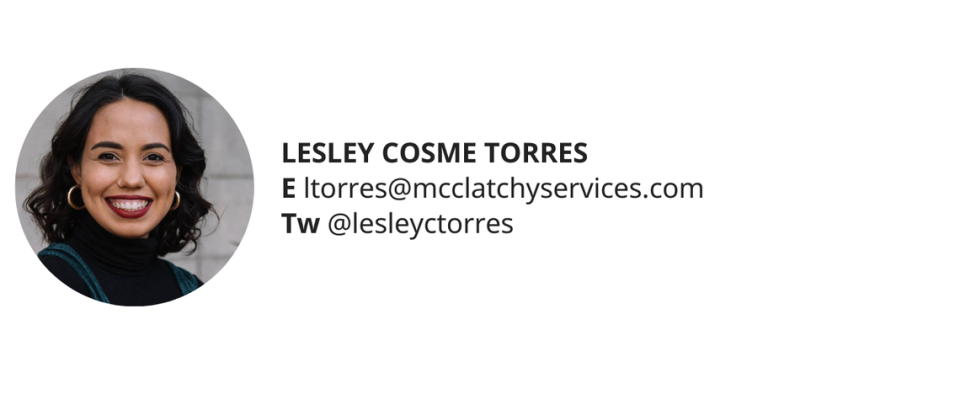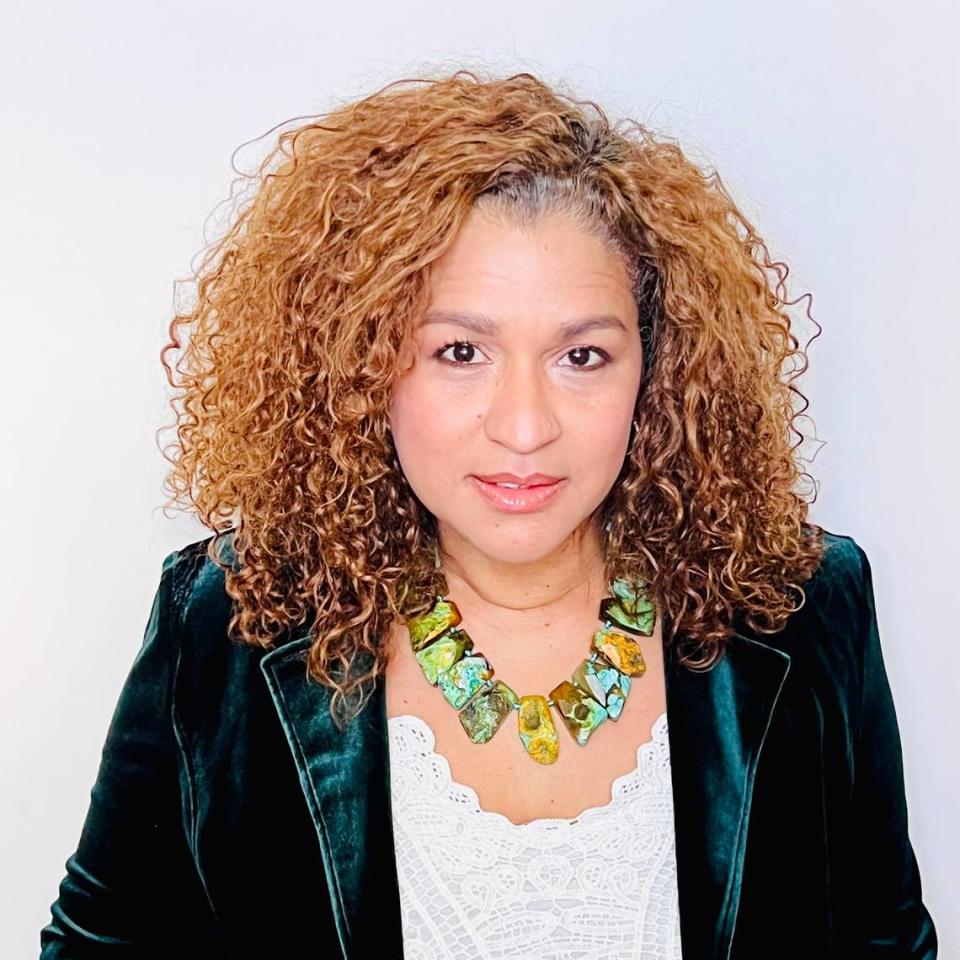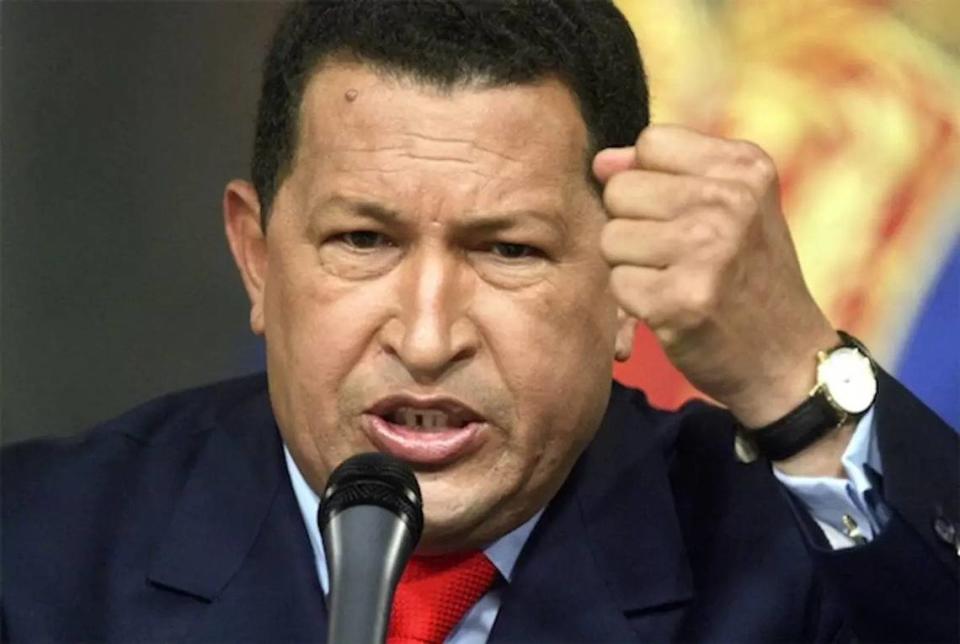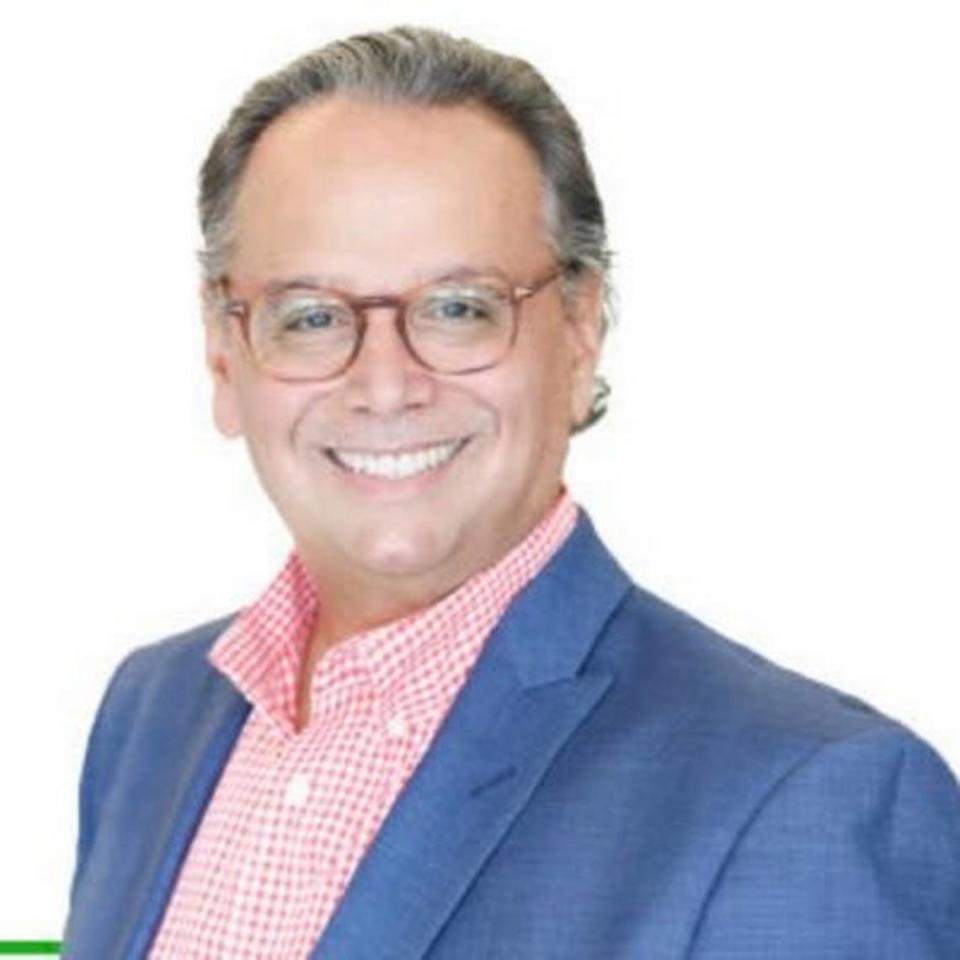Spanish-language misinformation: Ted Cruz tweets and U.S. WhatsApp disinfo tip line
The latest on misinformation and disinformation on Spanish-language radio and social media this campaign season.
Hi everyone! I hope you stayed safe from Hurricane Ian this week. Stay updated on where Ian is headed through the Miami Herald’s text updates and free article on our website.
Happy Hispanic Heritage Month! It’s Lesley Cosme Torres again, here with the latest on Spanish-language disinformation in South Florida elections. This week I’ve looked into disinformation campaigns targeting Hispanic voters through the eyes of a fact-checker, Venezuela spreading Russian propaganda to other Latin American countries, U.S. Sen. Ted Cruz falsely stating that a Biden nominee who fled Venezuela is a socialist, and Agence France-Presse launching a Spanish-language disinformation tip line for WhatsApp users in anticipation of the midterms.
Ayuda Legal Puerto Rico (Legal Aid Puerto Rico) tweeted about misinformation spreading on social media regarding FEMA assistance for those in Puerto Rico affected by Hurricane Fiona. “It is not a separate request and it is not due to losing food due to lack of electricity,” the tweet read. Critical Needs Assistance is a one-time payment of $500 to $700 to cover the immediate needs of individuals and families in need.
In other misinformation news, The Associated Press announced that it will be fact-checking online claims in English and Spanish around the upcoming midterm elections.
As always, If you read or hear anything you find misleading on Spanish-language radio or on social media via WhatsApp, Telegram, Facebook, or Twitter, email me.
Enjoy your weekend!
Lesley

The problem with disinformation, through the lens of a Spanish-language fact checker

I had a conversation with Tamoa Calzadilla, the managing editor of Factchequeado, a website that counters Spanish-language misinformation and disinformation affecting the Hispanic community in the United States. In our Q&A, Calzadilla and I talked about her fact-checking efforts, how Spanish disinformation efforts that start in other countries spread in U.S. Latino communities, and how disinformation resonates with users on social media.
“Social media is the natural way that people are communicating right now. A member of the family will send around content to their family and their community and when people receive that information it doesn’t matter if it’s real or manipulated,” Calzadilla said. “If this content resonates with people and emotionally affects them, people will share it. People want to believe in someone they trust more than the CDC or Dr. Fauci.”
Sharing misinformation and disinformation on social media comes down to targeting people’s emotions, she added. Users will share a post without checking if it’s accurate or not if it really resonates with them. “It’s not about people who aren’t educated or don’t go to college, it’s people who have really strong beliefs. It’s ‘I want to share that because I like it. It doesn’t matter if it’s real or not,’ ” Calzadilla said.
Venezuela is a conduit for Russian propaganda, says disinformation watchdog

Last Thursday, NewsGuard, an organization created by journalists to monitor disinformation and assess the credibility of news, launched a Venezuela misinformation tracker to debunk widely shared conspiracies in Latin America. NewsGuard said when Russia invaded Ukraine, the organization began monitoring dozens of websites and Spanish-language publications throughout Latin America and found that 35 of these websites — 21 of them state-owned or pro-government — were based in Venezuela. And when tracking the origins of the content on these websites, NewsGuard found that the top narratives first appeared on RT en Español and Sputnik Mundo, Russian state media outlets.
“About half of the top-10 narratives that we identified and chronicled for the public were a mischaracterization of either official comments or they were a complete mischaracterization given the lack of information that came out from events,” Chiara Vercellone, an analyst and reporter for NewsGuard, said.
NewsGuard also found that Russian disinformation often starts by gaining popularity in Venezuela before moving to the rest of Latin America, according to Vercellone. The most popular places are Mexico, Costa Rica, Colombia, Nicaragua, Chile, Peru and Honduras. Cuba had the most news outlets that spread misinformation, Vercellone added.

On Sept. 21, Ted Cruz tweeted about Leopoldo Martínez Nucete, President Biden’s candidate for executive director of the Inter-American Development Bank, after a motion to unanimously approve his nomination in the full Senate. “Biden nominated a socialist, radical Venezuelan congressman that served under Chavez to represent America abroad. It’s completely unacceptable,” Cruz said in his tweet. The Senate Foreign Relations Committee tweeted in response. “This is a lie. To set the record straight, @lecumberry was an OPPOSITION party congressman and had to FLEE Venezuela because of his political views. Shameful to see Sen. Cruz join other Republicans in attacking Venezuelans for fleeing Chavez and Maduro.”
Factchequeado published an article echoing that what Ted Cruz tweeted wasn’t true. Martínez Nucete was a member of the Venezuelan parties opposed to Chavismo Democratic Action and First Justice and was critical of Hugo Chávez.
“In an interview, for example, he described him as ‘incompetent’ who leads ‘a government of corruption’ ” they wrote. “In 2021, Martínez said during his confirmation hearing before the Committee on International Affairs of the U.S. Senate that he was forced to flee his country, and seek refuge with his family in the United States, after being persecuted ‘simply for raising my voice…against a socialist dictatorship.’ ”
Agence France-Presse debuts Spanish-language tip line For WhatsApp users in the US

Agence France-Presse, the global news agency, announced the launch of a disinformation tip line on WhatsApp for false information in Spanish that spreads in the United States ahead of the midterm elections. WhatsApp users can now contact a team of AFP fact-checkers through the app to verify memes, videos, photos and links that they see online.
“It seemed particularly relevant to launch in the U.S. in Spanish in the run-up to the midterms, in agreement with the Meta team, as we know that the Latino community is likely to be targeted by disinformation campaigns,” said Grégoire Lemarchand, AFP’s deputy editor in chief. Although there are difficulties with working on WhatsApp on such a large scale because it’s a private app with strong encryption, Lemarchand added, “we can’t afford to sit back and do nothing.”
AFP has a network of 130 journalists in the U.S. and around the globe who specialize in digital verification.
This newsletter is part of a project on misinformation in Spanish-language media by the Miami Herald, el Nuevo Herald and researchers at Florida International University. It is funded by Journalism Funding Partners, which received support from the Knight Disinformation Fund at The Miami Foundation. The Miami Herald retains editorial control of the content.

